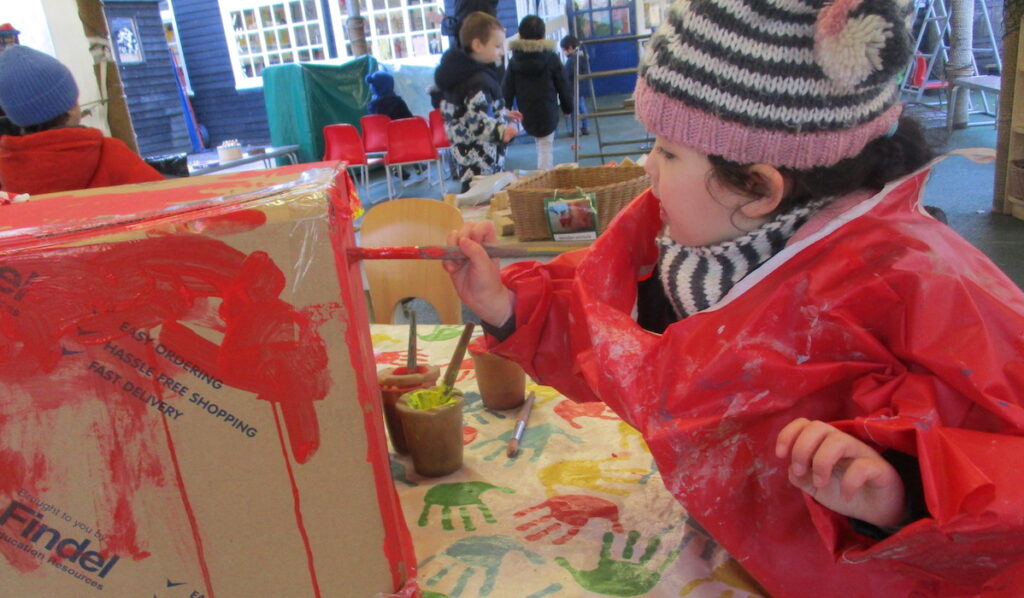Areas of Learning and Development
Personal, Social and Emotional Development
Successful personal, social and emotional development is crucial for children in all aspects of their life. It will give them the greatest opportunities for success in all other areas of learning.
We aim to provide the experiences and support to enable children to develop a positive sense of self.
Children will learn to respect themselves and others, learn about developing relationships, develop a positive attitude to learning and problem solving.
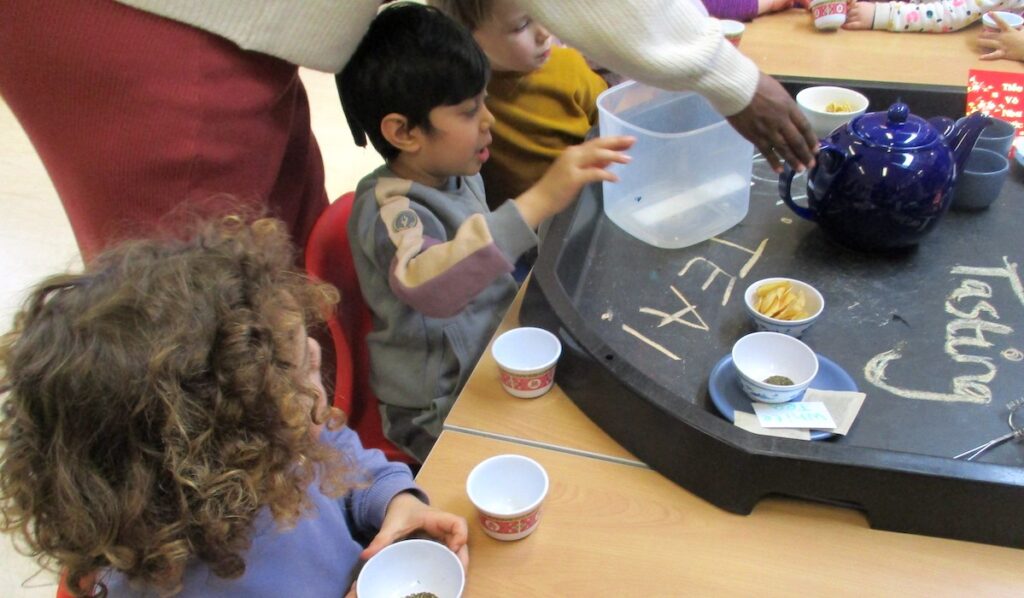
Physical Development
Physical development in the Early Years Foundation Stage is about improving skills of coordination, control, manipulation, and movement.
Physical development helps children gain confidence in what they can do. It also enables them to feel the benefits of being healthy and active.
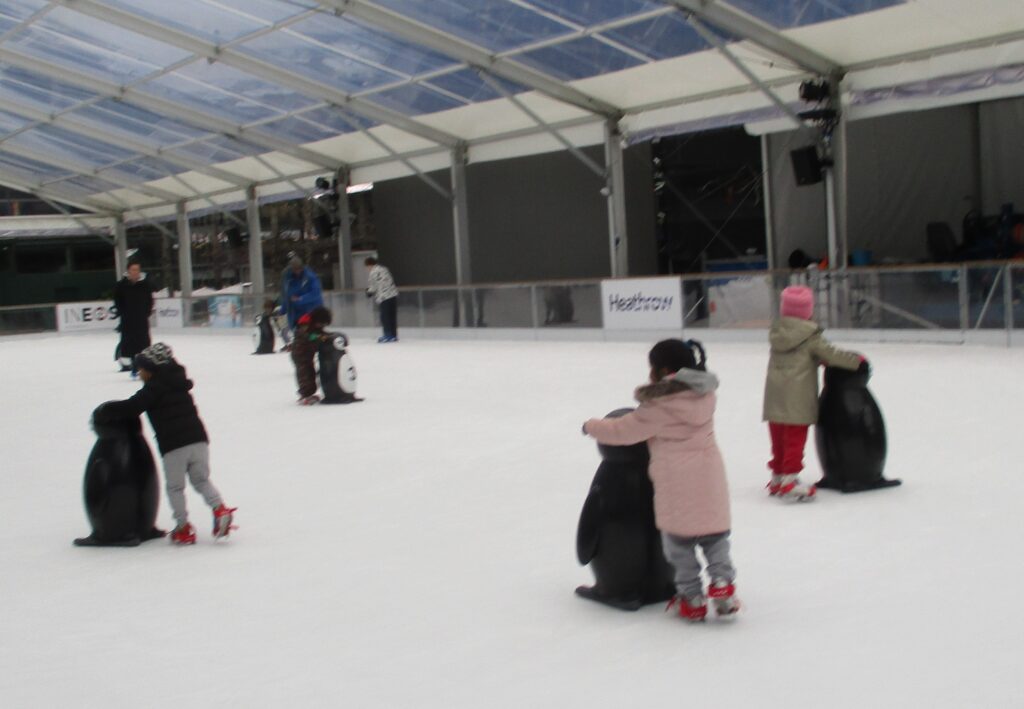
Communication and Language
All aspects of speaking and listening are planned for in all areas of the curriculum, and the children will be supported to become confident communicators.
Opportunities are provided to support their developing vocabulary, as they learn to communicate with others in the nursery, ask questions, comment on activities and recall experiences.
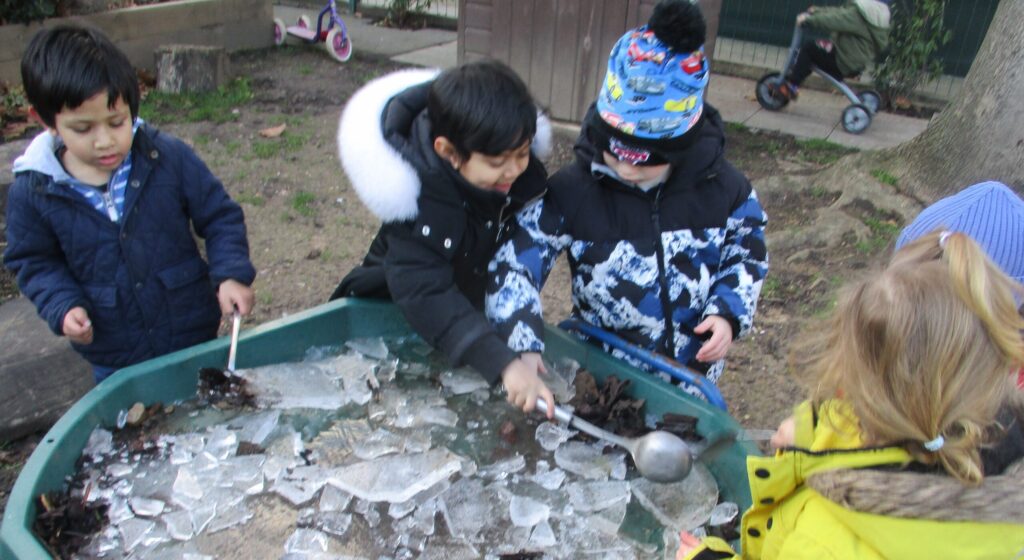
Literacy
Children enjoy sharing books, story telling,mark making and playing with letters and sounds in a lively and stimulating way. Reading and writing will be experienced in all areas of the curriculum.
The children explore writing for a wide range of purposes e.g., making lists, writing books, making labels and captions and recording comments about their own models and pictures.
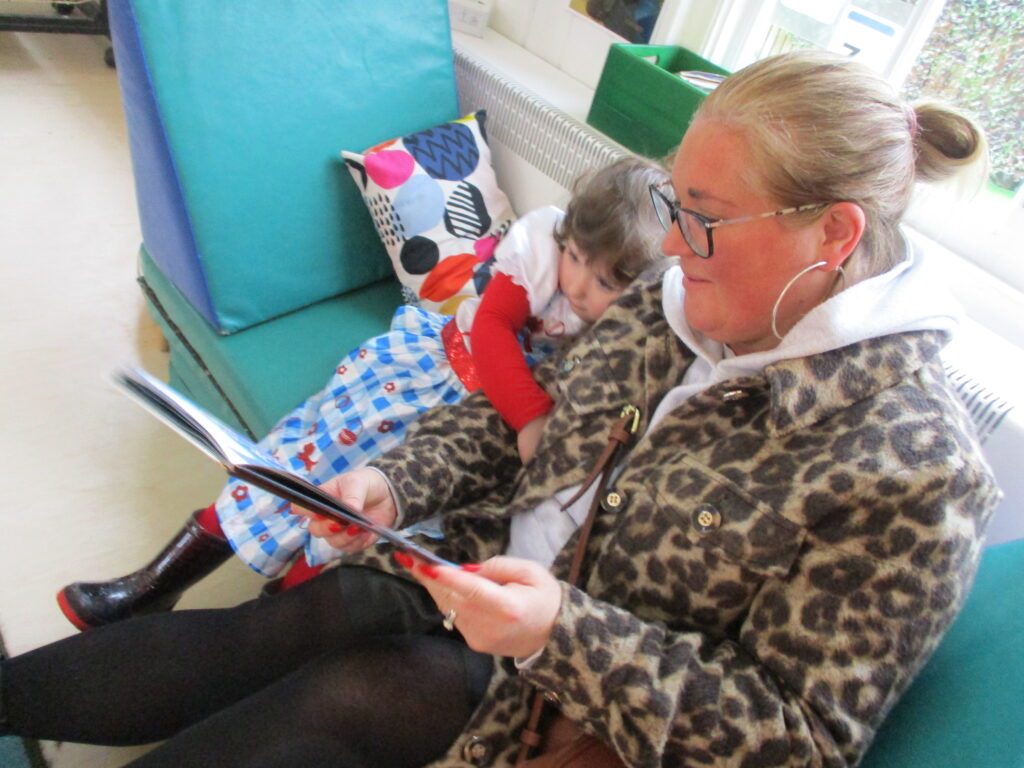
Mathematics
This area of learning includes counting, sorting, matching, seeking pattern, working with numbers, shapes, space and measure.
Mathematical understanding will be developed through stories, songs, games and imaginative play so that children enjoy using and experimenting with numbers.
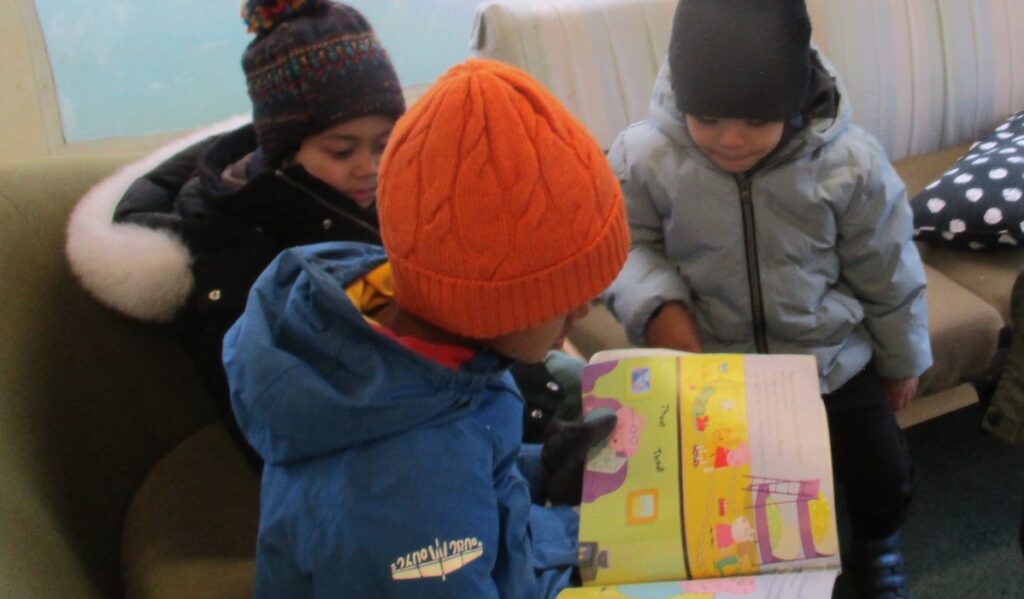
Understanding the World
In this area of learning, the children are developing the crucial knowledge, skills and understanding that help them to make sense of the world.
This forms the foundation for later work in science, design and technology, history, geography and information and communication technology
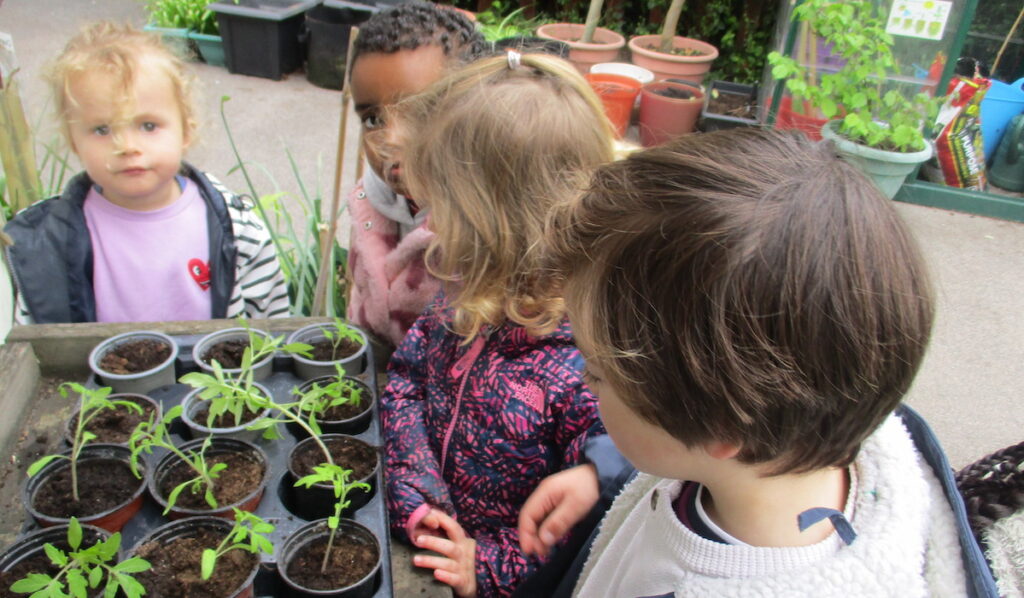
Expressive Arts and Design
Imagination and expressiveness is fundamental to successful learning.
Being imaginative enables children to make connections between one area of learning and another and so extend their understanding.
This area of learning includes art and crafts, music, dance, and role play
